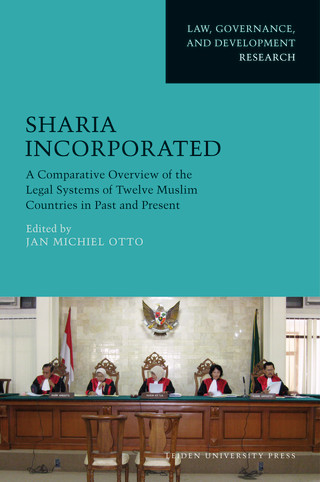"The international community, through the law and development movement, has assumed for at least half a century that the world’s main problems need to be addressed by legislative initiatives in developing countries. Law-making indeed has become the main instrument of law and development, and the law reform industry has become a vast and resource-laden one. Yet our vast experience of this phenomenon has gone unassimilated and unexamined for the most part. Law and development has gone through stages of optimism, pessimism, and, in the last decade, constructive, critical engagement with legal reality. Nonetheless, incorporating all our empirical knowledge into intelligible theory informing actual practice has proved a tall order. This book, addressing law-making in an international development context, is one of very few publications to supply the omission and does so splendidly with a thought-provoking set of empirically and theoretically- based contributions from scholar and practitioners of law and development dealing with different practical issues, different aspects of the process, and different regional experiences. Arnscheidt, van Rooij, Otto and their contributors have taken us a good distance nearer to understanding lawmaking for development, and by careful and critical analysis that still believes that lawmaking is valuable, have built both a foundation and a substantial part of the structure we need to make law and development count." Professor Andrew Harding, University of Victoria, Canada
"For anyone who is involved in assisting countries with improving legislation, this timely, provocative and precision-targeted collection of scholarly and practical commentaries will be a long-term companion.
Professors Arnscheidt, van Rooij and Otto have captured in this volumn a rich spectrum of experience and methodological guidance in an effort to strengthen the basic infrastructure of information about lawmaking for development. Given the increasingly important place which rule of law promotion occupies in international development cooperation, the staggering complexity and the inherent dangers awaiting every would-be law-maker and legal reformer, their effort and the authorative contributions of the volume's contributors are welcome indeed." William T. Loris, Director General, International Development Law Organization
‘Lawmaking for Development brings remarkable conceptual clarity to a complex field. Despite rapid growth in scale and expenditure on donor-funded legal assistance worldwide, legislative drafting and implementation remain understudied. The nuanced essays in this volume break new ground in law, governance and development. They highlight the unique patterns of donor-assisted lawmaking in diverse settings such as China, the CIS, Kazakhstan, the Netherlands, Indonesia, Russia, South Africa, Sri Lanka and Zambia. Going beyond debates about legal transplantation, Lawmaking for Development presents fresh, interdisciplinary and sophisticated scholarship, informed by practical experience.’ Veronica L. Taylor, Dan Fenno Henderson Professor of Law and Director, Asian Law Center, University of Washington

